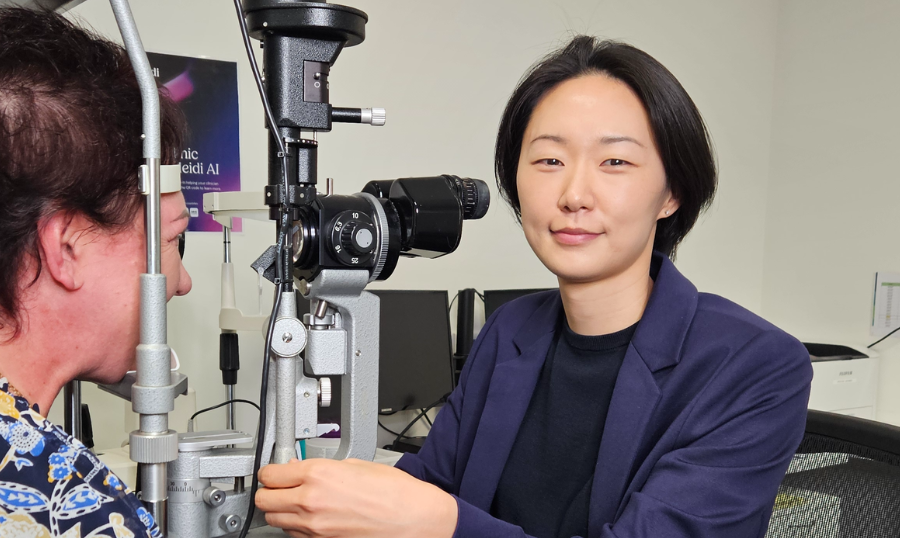Auckland Eye Welcomes Cornea and Anterior Segment Specialist Dr Bia Kim
Auckland Eye is pleased to welcome Dr Bia Kim, a highly trained Cornea and Anterior Segment Specialist, to our team.

When it comes to caring for your eye health and vision, it’s essential to understand the roles and expertise of different eye care professionals. Ophthalmologists, optometrists, and dispensing opticians all play crucial roles in maintaining your eye health and vision, but they have distinct responsibilities and training. In this blog post, we’ll explore the differences between these three eye care professionals and how they work together to ensure your eyes are in their best condition.
Ophthalmologists are medical doctors who specialise in the diagnosis, treatment, and surgery of eye conditions and diseases. They are extensively trained in both medicine and surgery, allowing them to provide comprehensive eye care. Here are some key points about ophthalmologists:
Optometrists are healthcare professionals who specialise in primary vision care. They are not medical doctors but are trained to diagnose and treat common vision problems and certain eye conditions. Here are some key points about optometrists:
Dispensing opticians train to design, fit, and dispense eyeglasses based on prescriptions provided by ophthalmologists or optometrists. Here are some key points about dispensing opticians:
It’s important to recognise that these three eye care professionals often work together to provide comprehensive eye care to patients. Ophthalmologists, optometrists, and dispensing opticians complement each other’s expertise, ensuring that individuals receive the best care for their specific needs. Regular eye exams by optometrists help catch vision problems early, while ophthalmologists step in for more complex medical and surgical interventions when necessary. Dispensing opticians then make sure that prescriptions are accurately fulfilled.
Understanding the distinctions between ophthalmologists, optometrists, and dispensing opticians is essential for making informed decisions about your eye health and vision care. Whether you need a routine eye exam, treatment for an eye condition, or assistance in selecting the perfect pair of glasses, knowing which professional to turn to is the first step in maintaining healthy eyes and clear vision. Collaboration between these professionals ensures that you receive the best care tailored to your unique needs.

Auckland Eye is pleased to welcome Dr Bia Kim, a highly trained Cornea and Anterior Segment Specialist, to our team.

Discover how Auckland Eye is redefining inclusive healthcare by launching New Zealand’s first assistive website toolbar.

Macular degeneration is a leading cause of vision loss in older adults. There’s no cure, but its progression can be slowed. Here’s what to know.